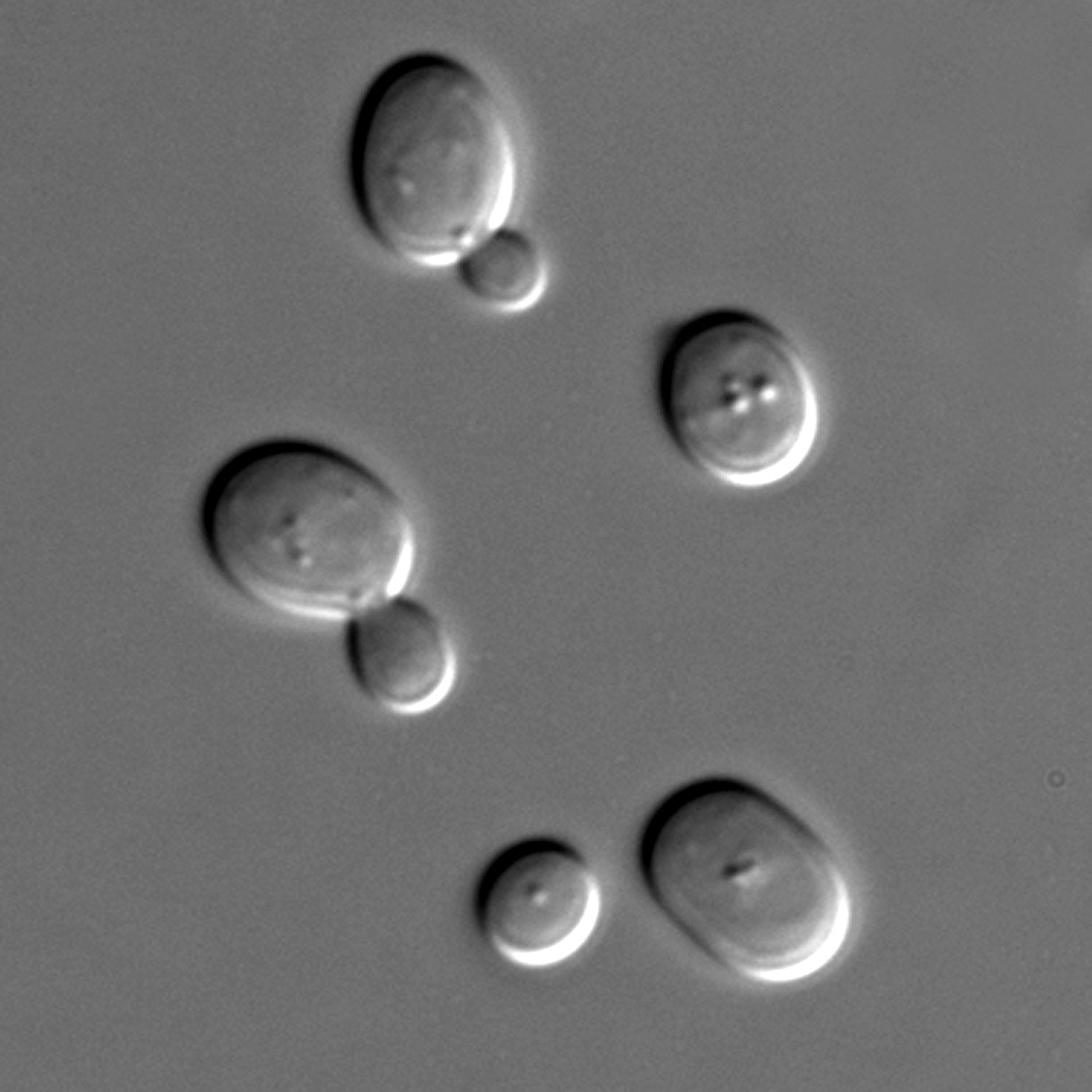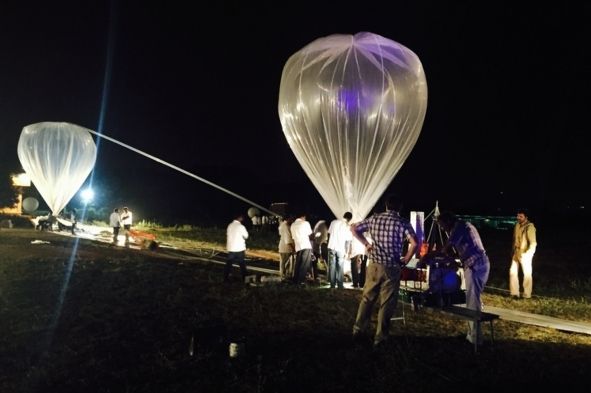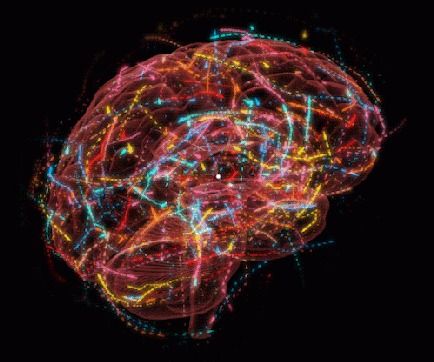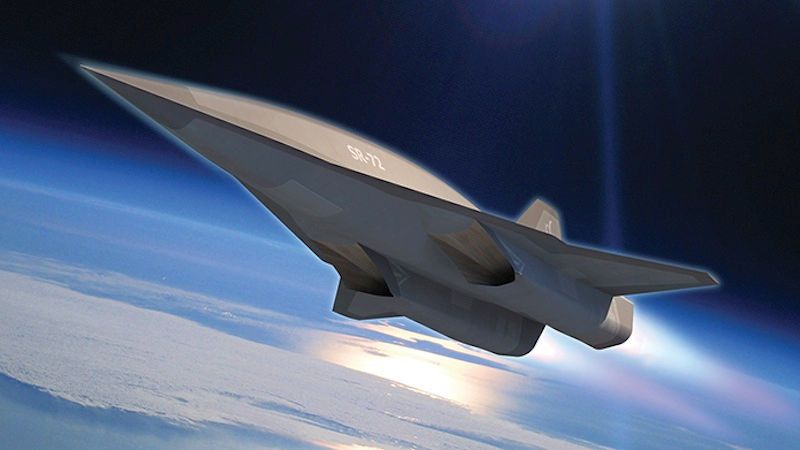Page 10730
Hundreds of researchers in a collaborative project called “It from Qubit” say space and time may spring up from the quantum entanglement of tiny bits of information.
Nov 7, 2016
Mapping the Genes that Increase Lifespan
Posted by Bryan Gatton in categories: biotech/medical, life extension
“Calorie restriction has been known to extend lifespan for a long time.” said Dr. Kennedy. “The DNA damage response is linked to aging as well. LOS1 may be connecting these different processes.”
A number of the age-extending genes the team identified are also found in C. elegans roundworms, indicating these mechanisms are conserved in higher organisms. In fact, many of the anti-aging pathways associated with yeast genes are maintained all the way to humans.
The research produced another positive result: exposing emerging scientists to advanced lab techniques, many for the first time.
Nov 7, 2016
Strange Pumping Effect above Asia Threatens the Ozone Layer — By Jane Qiu | Scientific American
Posted by Odette Bohr Dienel in category: environmental
“Until a few years ago “we thought human activities had little impact on the stratosphere,” says Jean-Paul Vernier, a remote-sensing expert at the NASA Langley Research Center.”
Nov 7, 2016
Robots being developed that have a ‘brain’ and can learn new things like a human child
Posted by Albert Sanchez in category: robotics/AI
RESEARCHERS are developing an artificially intelligent robot which will have a ‘brain’ and will learn like a human child.

Paramount provided this tease to let me announce on November 13, I’ll be in Japan for an exclusive trailer launch party for GHOST IN THE SHELL with director Rupert Sanders and stars Scarlett Johansson and Takeshi Kitano.
Nov 7, 2016
Can Quantum Physics Explain Consciousness?
Posted by Dan Kummer in categories: computing, neuroscience, particle physics, quantum physics
A new approach to a once-farfetched theory is making it plausible that the brain functions like a quantum computer.
The mere mention of “quantum consciousness” makes most physicists cringe, as the phrase seems to evoke the vague, insipid musings of a New Age guru. But if a new hypothesis proves to be correct, quantum effects might indeed play some role in human cognition. Matthew Fisher, a physicist at the University of California, Santa Barbara, raised eyebrows late last year when he published a paper in Annals of Physics proposing that the nuclear spins of phosphorus atoms could serve as rudimentary “qubits” in the brain—which would essentially enable the brain to function like a quantum computer.
Nov 7, 2016
2017 SRF Summer Scholars Program
Posted by Steve Hill in categories: bioengineering, biotech/medical, genetics, life extension, neuroscience, policy

SRF Summer Scholars Program opens December 1st!
The SRF Summer Scholars Program offers undergraduate students the opportunity to conduct biomedical research to combat diseases of aging, such as cancer, Alzheimer’s, and Parkinson’s Disease. Under the guidance of a scientific mentor, each Summer Scholar is responsible for his or her own research project in such areas as genetic engineering and stem cell research. The Summer Scholars Program emphasizes development of both laboratory and communication skills to develop well-rounded future scientists, healthcare professionals, and policy makers. Students participating in the program will hone their writing skills via periodic reports, which are designed to emulate text scientists commonly must produce. At the end of the summer, students will have the opportunity to put all of their newly developed communication skills into practice at a student symposium.
Nov 7, 2016
Hypersonic Flight Is Coming: Will the US Lead the Way?
Posted by Klaus Baldauf in categories: materials, transportation
MOJAVE, California — The world is at the start of a renaissance in supersonic and hypersonic flight that will transform aviation, but the effort will need steady commitment and funding if the United States wants to lead the way, congressional leaders and industry officials said at a forum late last month.
“What’s exciting about aerospace today is that we are in a point here where suddenly, things are happening all across the board in areas that just haven’t been happening for quite a while,” said former U.S. Air Force Maj. Gen. Curtis M. Bedke.
“There was a period where engine technology had just sort of stagnated — a point where all materials technology was going along at about the same pace,” Bedke added. “There just wasn’t much happening. But suddenly, in all sorts of areas that apply to aerospace, things are happening.” [NASA’s Vision of Future Air Travel (Images)].
Continue reading “Hypersonic Flight Is Coming: Will the US Lead the Way?” »
Nov 7, 2016
Unless It Changes, Capitalism Will Starve Humanity By 2050
Posted by Amnon H. Eden in categories: business, climatology, existential risks, food, habitats, sustainability
The wealth gap worries Forbes, not your usual wide-eyed socialist.
How do we expect to feed that many people while we exhaust the resources that remain?
Human activities are behind the extinction crisis. Commercial agriculture, timber extraction, and infrastructure development are causing habitat loss and our reliance on fossil fuels is a major contributor to climate change.
Continue reading “Unless It Changes, Capitalism Will Starve Humanity By 2050” »
















